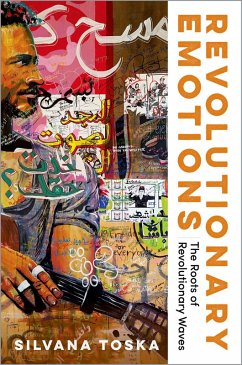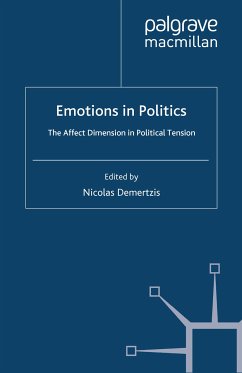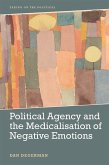For centuries, revolutionaries have spoken of the emotional arousal that motivated them to revolt. Studies of revolutions, however, rarely give these emotional narratives the power that actors themselves recount. This book argues that revolutionary waves, from 1848 to the present, cannot be explained without the emotions that motivated potential revolutionaries to imitate revolts in neighboring states. The shared identity of revolutionaries across borders leads to a shared emotional arousal and adoption of protest frames and methods. By grounding the theory in revolutionaries' emotional narratives and breaking down the dichotomies that plague revolution research-structure/agency, domestic/ international--
Revolutionary Emotions provides a powerful new theory of revolutionary diffusion and success.
Dieser Download kann aus rechtlichen Gründen nur mit Rechnungsadresse in A, B, BG, CY, CZ, D, DK, EW, E, FIN, F, GR, HR, H, IRL, I, LT, L, LR, M, NL, PL, P, R, S, SLO, SK ausgeliefert werden.









